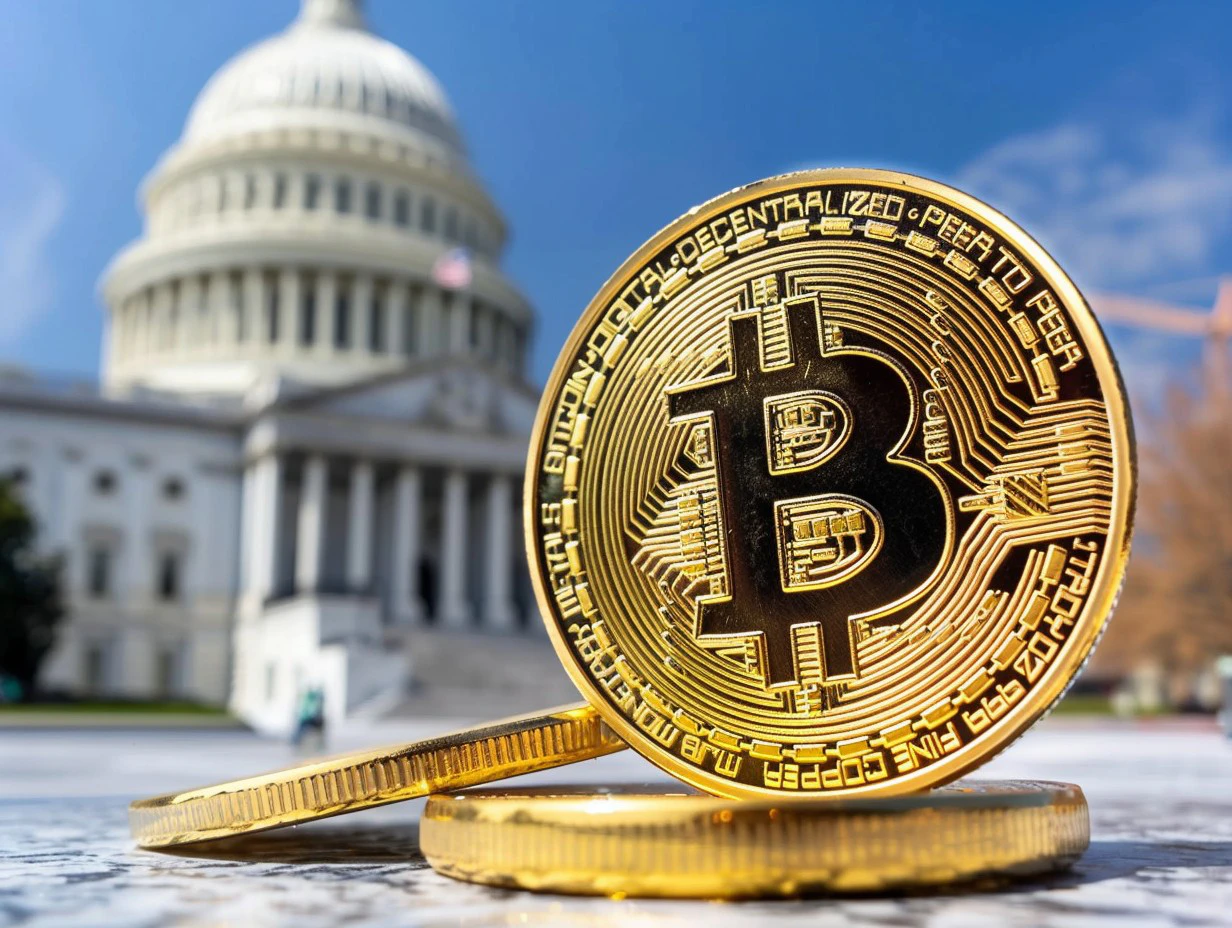In recent weeks, the global economy has witnessed a surge in the de-dollarization phenomenon, as several nations have shifted away from using the U.S. dollar. Iran has become the latest country to join this trend, with the Secretary of Iran’s Supreme National Security Council, Ali Shamkhani, stating that reducing the U.S. dollar’s influence on regional and international trade will help minimize the West’s dominance over the global economy.
During his meeting with the Russian President’s Aide, Igor Levitin, in Tehran on Sunday, Shamkhani, the Secretary of Iran’s Supreme National Security Council, stated that the process to reduce the U.S. dollar’s influence on economic transactions has already commenced, with many countries now following suit.
Malaysian Prime Minister also recently voiced his opinion that there is no need to continue depending on the U.S. dollar. Also, Saudi Arabia’s Crown Prince shared a similar sentiment, stating that he is no longer interested in appeasing the U.S. French President recently advocated reducing Europe’s reliance on the U.S. in a recent statement.
Moreover, the Chinese yuan has now surpassed the U.S. dollar to become the most traded currency in Russia.
Iran and Russia strengthen economic and political ties
Iran and Russia have been strengthening their economic and political ties in recent months, likely in response to the sanctions imposed on both nations by the United States. Moreover, the two countries have been collaborating to combat the impact of these sanctions and expand their relations.
Shamkhani described the latest initiatives between Iran and Russia in the monetary and banking sector as an “effective” way to combat what he called “illegal Western sanctions.” He further emphasized the need to enhance joint economic projects’ implementation to further support their efforts.
Shamkhani also noted that officials from both countries’ banking and economic sectors have been visiting each other over the past few months, creating a favorable environment to sign economic agreements and attract other countries to participate in various projects.





